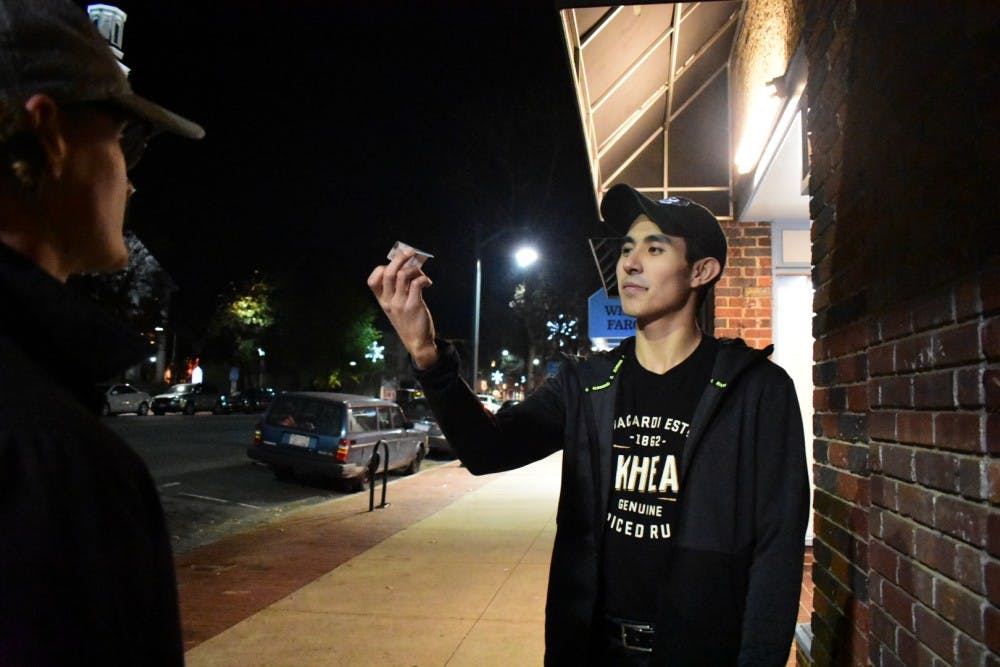Only 109 agents of the State Bureau of Investigation are tasked with enforcing alcohol law in the 100 counties that make up North Carolina. Yet the presence of Alcohol Law Enforcement is strongly felt in Chapel Hill.
ALE Special Agent in Charge Bryan House said there’s been confusion about ALE’s presence in Chapel Hill specifically because Chapel Hill Police has an ALE division of their own.
“When you think about our command staff and supervision, there are actually only about 80 some field agents,” he said. “So, a lot of times we get confused with other agencies. Because, ‘oh there’s so many of them' — but that’s not necessarily ALE then.”
The state agency makes up for its relatively small size by forming partnerships with local police departments, sheriffs and district attorney's offices, House said.
“We work with stakeholders of all kinds to try and solve problems as they relate to alcohol and places that sell alcohol specifically whether they be legal or illegal,” he said. “Typically, what that looks like for us is we take an all-crimes approach as it relates to enforcement and that is at places that sell alcohol, specifically.”
ALE’s primary focus is on violence prevention, but the agency addresses any complaints brought to it by its partners, House said. With vast diversity throughout the state, the agency tries to have an even standard by applying consistent enforcement.
"Now, consistent means we want to lay the same attention in every county, but it’s different. Whatever the crimes are that occur they are sort of different — a different focus. That may be complaint driven by our stakeholders or it may be crime driven. It may be violence driven.”
While ALE works with many agencies, their involvement is limited to UNC Police, said spokesperson Randy Young in an email.
“UNC Police collaborates with ALE on investigations, but this is rare, as the sale of alcohol on campus is limited to special occasions and locations,” he said. “Both ALE and UNC Police, as well as other town and campus entities, participate in the Campus and Community Coalition to Reduce the Negative Impacts of High Risk Drinking.”



